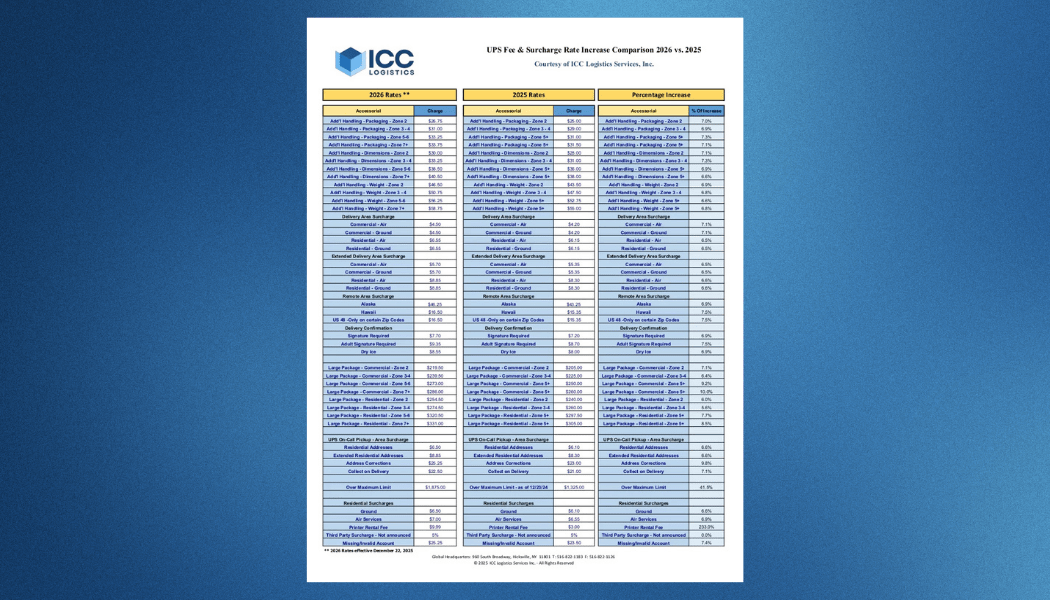The True Role of AI in Logistics: Navigating a World of Constant Disruption
In an era marked by relentless disruptions, the logistics sector finds itself at a crossroads of transformation. Artificial Intelligence (AI) stands as a beacon of innovation, promising to steer this industry through the tumultuous waters of change.
But as we look to the horizon, questions arise about the effectiveness of AI in logistics, the functions it will enhance or overshadow, and the role of consultants in guiding companies through these decisions.
AI’s Effectiveness Amidst Disruption
The logistics industry, characterized by its complexity and the need for real-time decision-making, is particularly susceptible to global disruptions. AI’s prowess lies in its predictive capabilities, which allow for the anticipation of such disruptions and the formulation of proactive strategies.
By analyzing vast datasets, AI can forecast demand patterns, inventory needs, and potential bottlenecks, enabling companies to pivot before a crisis hits. The effectiveness of AI, therefore, is not just in managing the present but in preempting the future, transforming logistics into a forward-looking domain that’s always one step ahead.
Impact on Logistics Functions
AI’s impact on logistics is multifaceted, with some areas ripe for transformation and others that will remain human-centric. Warehouse operations, for instance, are undergoing a revolution with AI-driven automation. Robotics, powered by AI, are streamlining sorting, packing, and inventory management, leading to unprecedented efficiency gains.
On the other hand, transportation remains a domain where the human touch is irreplaceable. AI here augments human capabilities, enhancing efficiency and decision-making but not replacing the nuanced judgments and adaptability that human operators provide. The distinction lies in the nature of tasks: repetitive, data-intensive functions are AI’s forte, while roles requiring emotional intelligence, complex decision-making, and adaptability remain human-led.
Logistics Consultants as a Decision-Making Catalyst
In navigating the AI landscape, companies often grapple with the “how” and “when” of integration. This is where logistics consultants like ICC can be instrumental. By providing frameworks for digital transformation, consultants can help businesses assess their readiness for AI adoption. Through its advocacy for cross-border data flows and digital collaborations, we can facilitate the sharing of best practices and success stories, offering a roadmap for companies looking to harness AI.
Steering into the Future: Embracing AI for a Resilient Logistics Landscape
AI’s role in logistics is not just as a tool for efficiency but as a compass for navigating disruption. Its effectiveness will be contingent on the industry’s willingness to embrace predictive over reactive models. While AI will revolutionize certain functions, it will enhance others, ensuring that the human element remains integral to logistics.
Logistics consultants provide the necessary guidance, ensuring that companies do not just adopt AI but adapt to it, fostering a logistics sector that is resilient, forward-thinking, and perpetually ready for the next wave of change. As we stand on the brink of this new era, the question is not whether AI will be effective, but how we will harness its full potential to redefine the landscape of logistics.
Learn more by setting up a free consultation with our logistics experts today.



 to receive our FREE white papers:
to receive our FREE white papers: